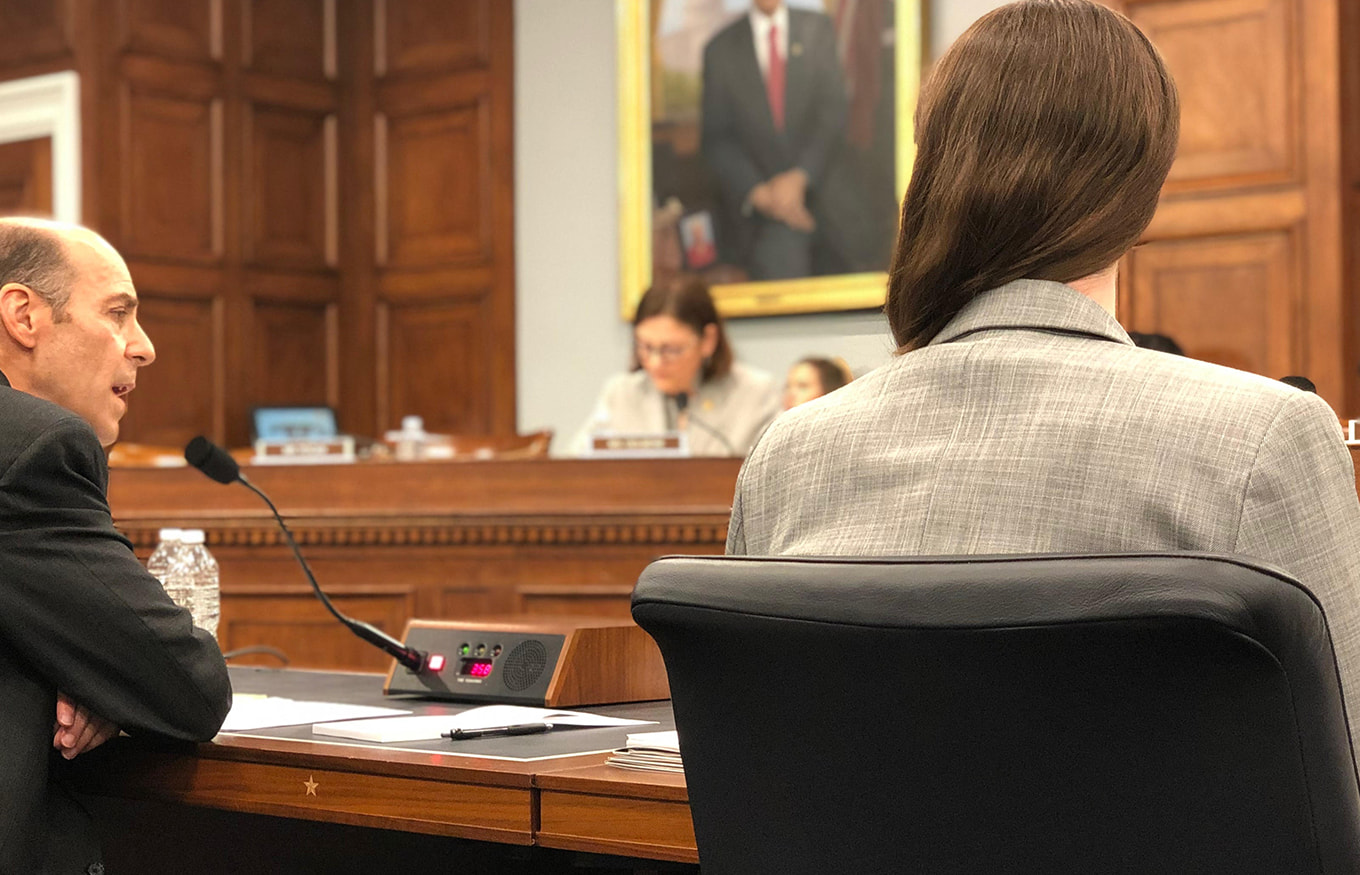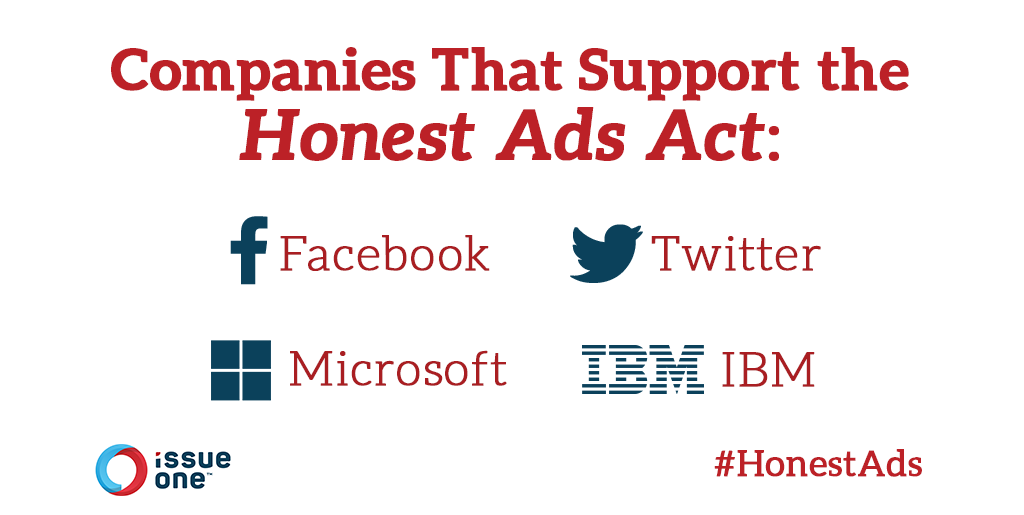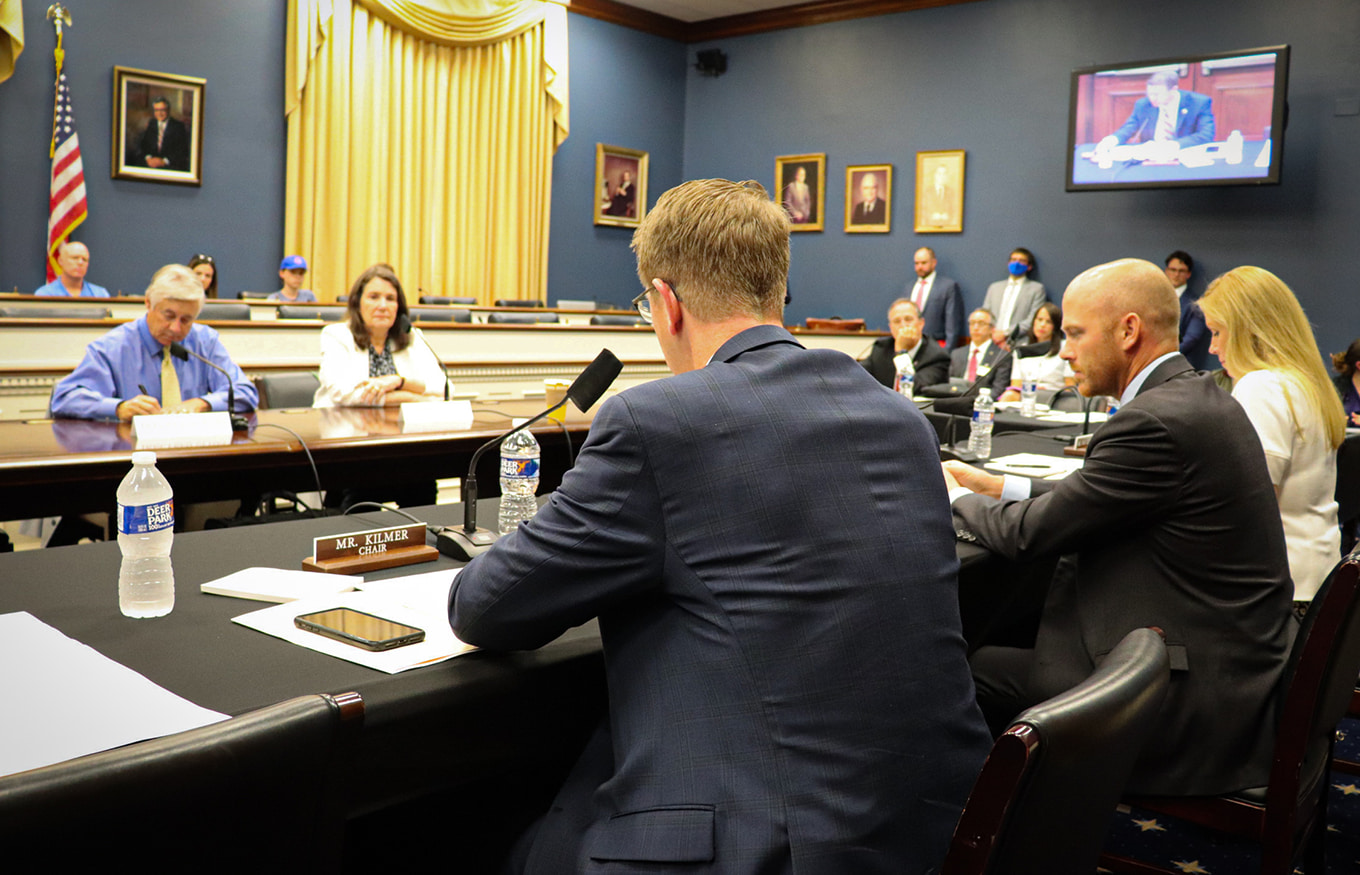Momentum is gaining for the Honest Ads Act. Last week, two new sponsors—one Republican and one Democrat—signed on to this bill to address the problem of foreign interference in our elections. That brings the total number of sponsors of the Honest Ads Act in the House to 18, evenly divided between Republicans and Democrats.
The tech industry has seen a similar wave of support for this important piece of legislation. Facebook, Twitter, Microsoft and IBM have all publicly urged Congress to take action against election interference—including by supporting the Honest Ads Act.
In advance of Facebook CEO Mark Zuckerberg’s two-day testimony before Congress, the social media giant released its own measures, with provisions mirrored on the Honest Ads Act, to begin addressing the problem. In his written statement, Zuckerberg said: “These steps by themselves won’t stop all people trying to game the system. But they will make it a lot harder for anyone to do what the Russians did during the 2016 election and use fake accounts and pages to run ads. Election interference is a problem that’s bigger than any one platform, and that’s why we support the Honest Ads Act. This will help raise the bar for all political advertising online.”
Twitter, following Facebook’s high-profile appearance on the Hill, released (appropriately enough) a series of tweets outlining its measures to increase transparency for online political ads, writing, “We believe the Honest Ads Act provides an appropriate framework for [online political] ads and look forward to working with bill sponsors and others to continue to refine and advance this important proposal.”
Additionally, Microsoft launched a program on April 13 called “Defending Democracy,” with a key plank being “[increasing] political advertising transparency online by supporting relevant legislative proposals such as the Honest Ads Act and adopting additional self-regulatory measures across our platforms,” and, back in March, IBM similarly called for updates to our political advertising laws via Honest Ads, saying “responsibility is the key to preserving society’s trust in technology.”
And yet, despite the unprecedented calls from the tech world to bring our digital political advertising laws up to date, Congress has yet to hold a single hearing on the bill. Such at-will measures from these companies, while important and encouraging, are an insufficient response to the threat of foreign disinformation campaigns. Congress must hold hearings on this bipartisan legislation to protect our elections as soon as possible.





